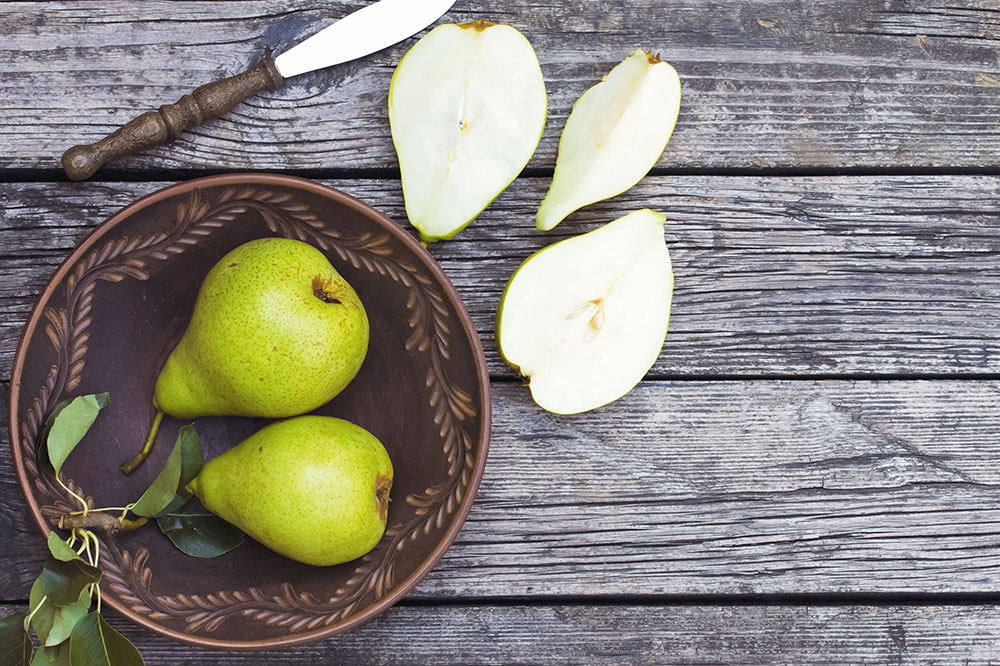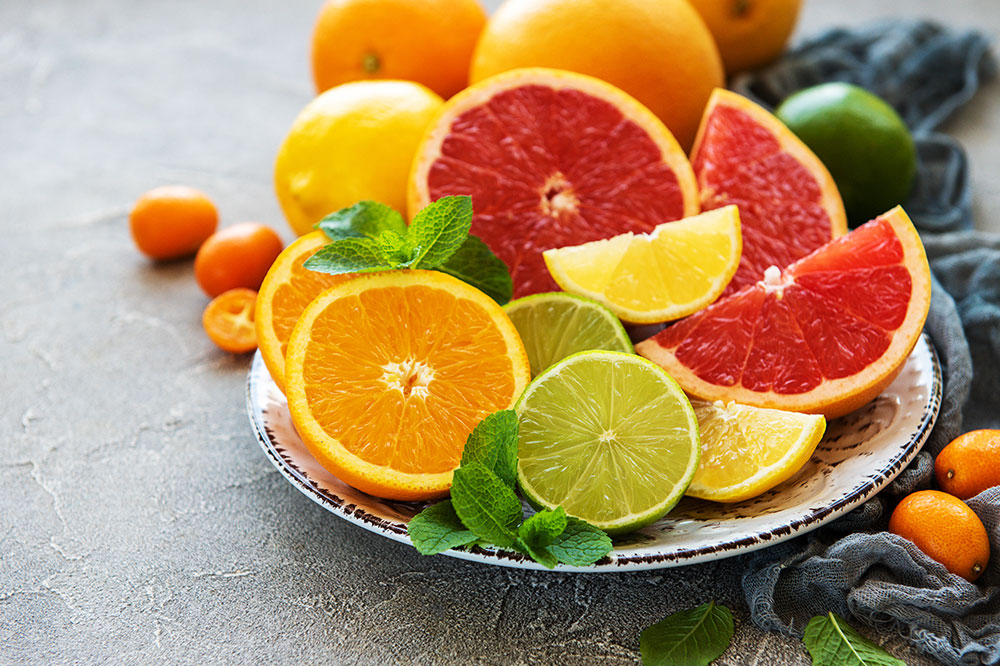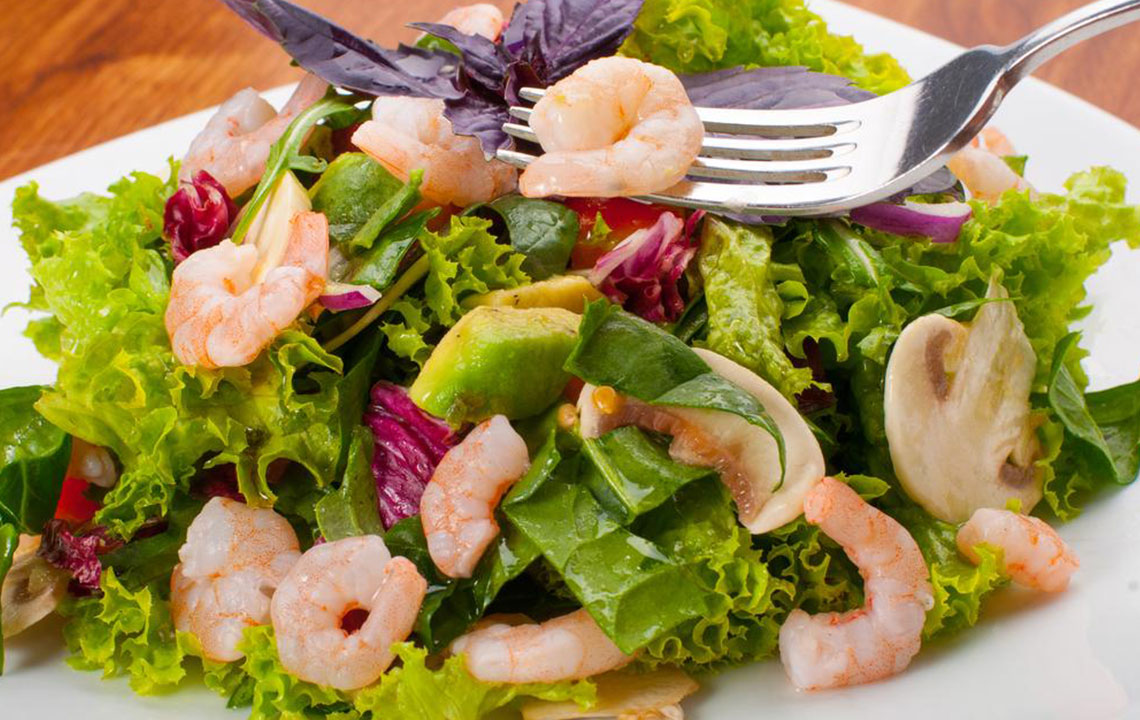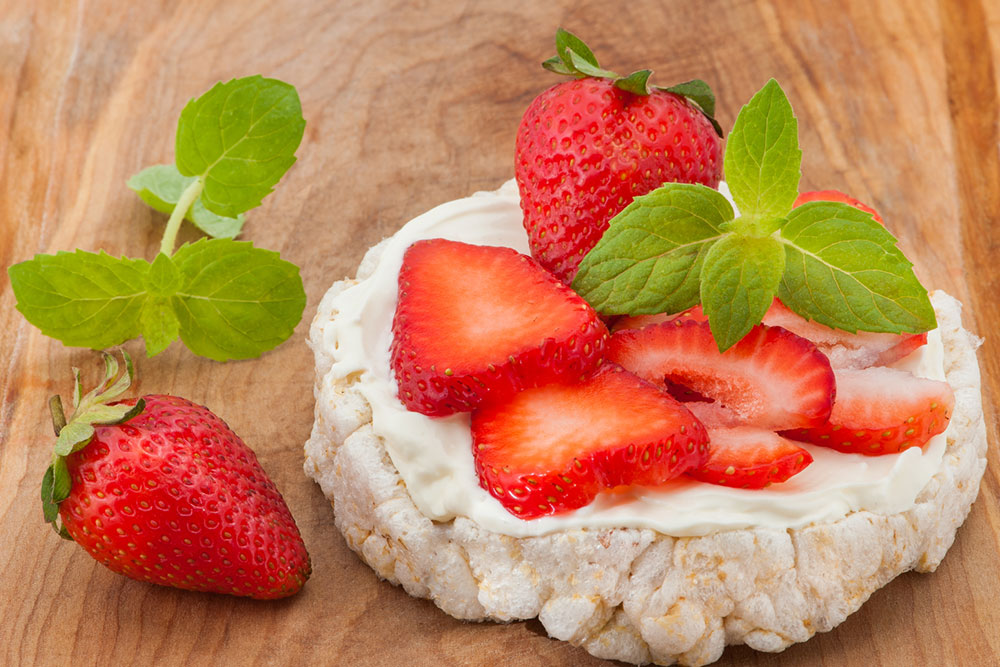Comprehensive Dietary Strategies to Promote Bladder Health and Control
This comprehensive guide explores the most effective foods to enhance bladder health and improve urinary control. It emphasizes nutrient-rich, non-irritating dietary choices such as legumes, seeds, non-citrus fruits, lean proteins, whole grains, and herbal teas. By making mindful dietary selections, individuals can reduce bladder irritation, support digestion, and promote overall urinary system health. Consult healthcare professionals for personalized advice to maintain bladder comfort and manage symptoms effectively through diet. Enhance your wellness by incorporating these bladder-friendly foods into your daily routine.
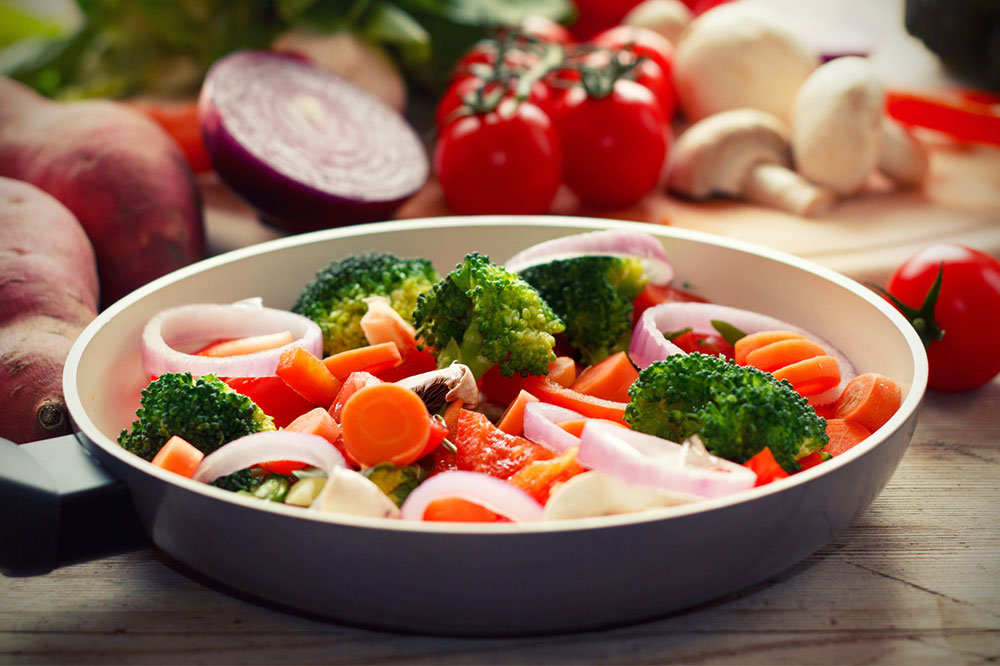
Comprehensive Dietary Strategies to Promote Bladder Health and Control
Maintaining optimal bladder health is essential for overall wellbeing and quality of life. Proper nutrition and deliberate dietary choices can significantly influence bladder function, reduce irritation, and help manage symptoms related to bladder control issues. Incorporating specific foods into your daily diet can support healthy bladder activity, lessen discomfort, and improve urinary control, especially for individuals suffering from overactive bladder or related conditions. This comprehensive guide explores the most effective food options that promote bladder health, highlighting nutrient-rich foods designed to soothe and protect this vital organ system.
Legumes, Seeds, and Nuts: Nature’s Fiber Powerhouses
Legumes, seeds, and nuts are not only rich in essential nutrients but are also high in dietary fiber, which is crucial for healthy digestion. Efficient digestion reduces the pressure exerted on the bladder caused by a full stomach or constipation, thereby alleviating symptoms such as urgency and frequency. Including foods like black beans, chickpeas, kidney beans, lentils, peanuts, and pumpkin seeds in your diet can be highly beneficial. It is advisable to favor plant-based sources over processed foods with added preservatives or artificial ingredients, which can aggravate bladder sensitivity. Regular consumption of these fiber-rich foods supports a balanced digestive system and promotes a healthier bladder environment.
Fruits and Vegetables (Non-Citrus Options)
While fruits and vegetables are essential components of a healthy diet, some citrus fruits like oranges, lemons, grapefruits, and limes contain acids that can irritate the bladder lining. Therefore, individuals with bladder sensitivities should limit these citrus options. Instead, focus on bladder-friendly produce such as sweet potatoes with skins, broccoli, pears, green beans, winter squash, and peas. These foods provide vital vitamins, antioxidants, and fiber without exacerbating bladder discomfort. Including a variety of vegetables and fruits supports overall health and helps reduce inflammation, promoting a more resilient urinary system.
Lean Proteins and Fatty Fish: Supportive Nutrients for Bladder Health
Consuming lean proteins like chicken breast, turkey, or plant-based alternatives can have positive effects on bladder health. However, fatty fish such as salmon, mackerel, tuna, and shellfish are particularly beneficial due to their high content of omega-3 fatty acids. These healthy fats assist in reducing inflammation and promoting tissue repair in the bladder. Vegetarian options include flaxseeds, chia seeds, walnuts, and other nuts, which are excellent sources of omega-3s. Incorporating these proteins into your diet can help manage inflammation and support the integrity of the urinary tract lining.
Whole Grains: Oats, Oatmeal, and Homemade Breads
Whole grains like oats, oatmeal, and freshly baked whole wheat breads are gentle on the digestive system and naturally rich in dietary fiber. These foods support smooth digestion and help reduce bladder irritability by preventing constipation and promoting stool regularity. Using whole grains in your diet can provide sustained energy and contribute to overall bladder health by maintaining a healthy urinary environment. Moderation is key, and choosing unrefined grains ensures maximum nutrient content and digestive benefits.
Eggs and Dairy Products: Providing Essential Nutrients for Bladder Support
Eggs are a versatile source of high-quality protein and healthy fats that are generally non-acidic and safe for individuals with bladder sensitivities. Dairy products such as cheese and yogurt are also advantageous, offering calcium and probiotic benefits that support gut and bladder health. These foods deliver lasting satiety without causing bladder irritation and can be incorporated into a balanced diet to help maintain overall health and urinary comfort.
Herbal Teas and Natural Remedies for Bladder Comfort
Certain herbal teas, like chamomile and peppermint, possess soothing properties that can help alleviate bladder irritation during flare-ups. Drinking chamomile or peppermint tea before bedtime can promote relaxation, improve sleep quality, and reduce nighttime urination frequency. Honey, a natural sweetener, can be added in small amounts to warm water or tea to enhance flavor and provide additional soothing benefits. These natural remedies offer a gentle way to manage bladder discomfort naturally and support overall urinary health.
In summary, adopting an informed, bladder-friendly diet involves choosing nutrient-dense, non-irritating foods that support digestion and reduce inflammation. Incorporating a variety of fiber-rich legumes, seeds, nuts, non-citrus fruits and vegetables, lean proteins, whole grains, and herbal teas can significantly improve bladder health and enhance urinary control. Always consult with a healthcare professional before making major dietary changes, especially if you have existing health conditions or persistent bladder issues. With consistent healthy eating habits, you can promote a more comfortable and controlled urinary system, leading to a better quality of life.
